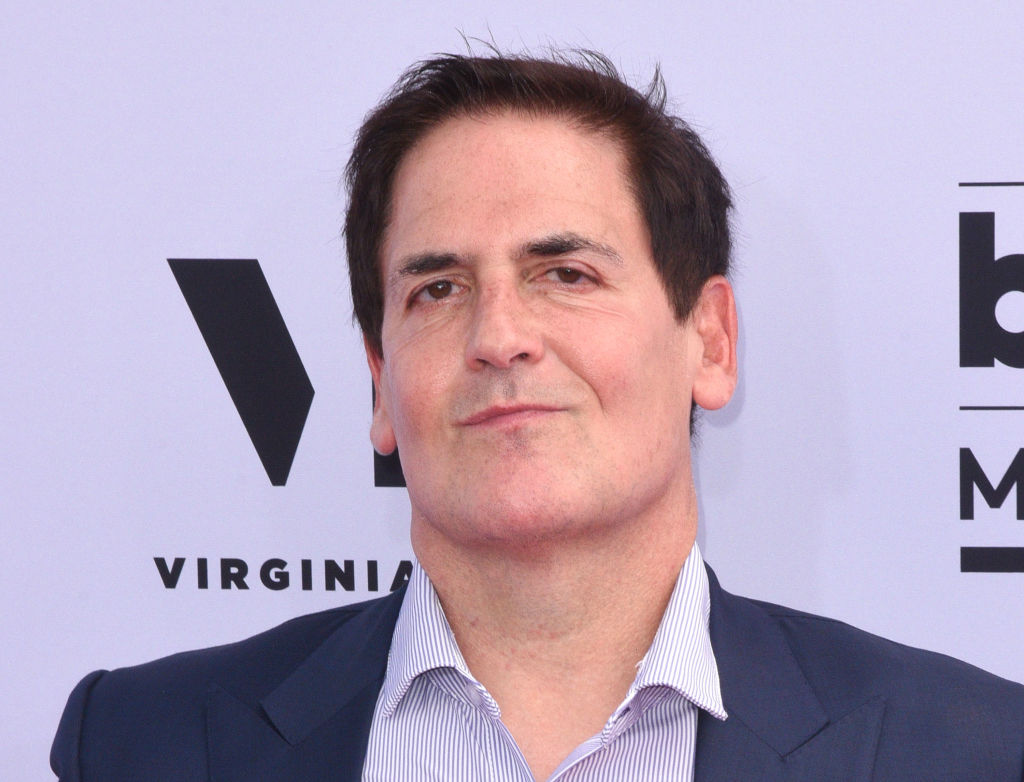Mark Cuban wasn’t always Mark Cuban. On his way to owning an NBA team, starring on Shark Tank, and investing in a broad portfolio of companies, he was a dance instructor. A bartender. A salesperson.
A consummate ultimate side hustler, he would do just about anything.
Except follow his passions.
As Cuban says: “One of the great lies of life is ‘follow your passions.’ Follow your passion is easily the worst advice you could ever give or get.”
Why doesn’t Cuban believe in following a passion, especially when one of the most common pieces of career advice is “Do what you love”?
Here’s Cuban:
Everybody tells you, “Follow your passion, follow your passion.”
There are a lot of things I am passionate about. (But) the things I ended up being really good at were the things I found myself putting effort into. A lot of people talk about passion, but that’s really not what you need to focus on. You really need to evaluate and say, “OK, where am I putting in my time?”
Because when you look at where you put in your time, where you put in your effort, that tends to be the things that you are good at. And if you put in enough time, you tend to get really good at it.
If you put in enough time, and you get really good, I will give you a little secret: Nobody quits anything they are good at, because it is fun to be good. It is fun to be one of the best. But in order to be one of the best, you have to put in effort.
So don’t follow your passions. Follow your effort.
Don’t Follow Your Passion
“Telling someone to follow their passion can be disastrous,” says Cal Newport, author of So Good They Can’t Ignore You: Why Skills Trump Passion in the Search for Work You Love (a book I’ve given to at least 30 people).
“That advice has probably resulted in more failed businesses than all the recessions combined,” he says, “because that’s not how the vast majority of people end up owning successful businesses.”
It’s easy to confuse a hobby or interest for a profound passion that will result in career or business fulfillment. The reality is, that type of preexisting passion is rarely valuable.
Don’t believe me? Think about something you’re passionate about. Then think about how much time and effort you put into that passion.
Consider how much effort you put in — actual effort — to improve your talent, your knowledge, and your skills. Chances are, not a lot.
In most cases, passion only results in interest, however extreme.
Effort is what leads to expertise.
Which means passion is almost always the result of a tremendous amount of time and effort.
Your Passions Will Follow You
“The myth of the virtuoso is a problem,” Newport says. “In the majority of cases, people didn’t think of someone who became a virtuoso as having unusual talent when they were very young.”
Instead, most highly skilled people were exposed to something in a way that made it interesting. Take music: Something — a song, an instrument, a teacher, or in Metallica guitarist Kirk Hammett’s case, another musician — initially inspired them.
Every highly skilled person started learning, and then benefited from the virtuous cycle of effort and achievement. Effort leads to achievement, however small. Achievement feels good. Feeling good motivates you to put in more effort.
Which leads to achievement and motivation and effort, and results in a never-ending virtuous cycle.
One where passion is not required.
Putting in the effort, and working as hard as you can to improve your skills, will give you the feedback you need to keep going. The satisfaction of achieving one level of success will spur you on to gain the skills to reach the next level and the next and the next.
And one day you will wake up and realize you’re doing what you love.
Even though it didn’t start out as a passion.
Which is why what Cuban says bears repeating:
If you put in enough time, and you get really good, I will give you a little secret: Nobody quits anything they are good at, because it is fun to be good. It is fun to be one of the best.
Newport agrees. “The satisfaction of improving is deeply satisfying, as eons of craftspeople will attest,” he says. “The process of becoming really good at something valuable is a fulfilling and satisfying process in itself … and is the foundation for a great entrepreneurial career.”
Want to Do What You Love?
Don’t follow your passion. Follow your effort.
Work hard. Put in the time. Improve your skill at something you already do well. Then use the satisfaction and fulfillment of small victories as motivation to keep working harder.
“Don’t focus on the value your work offers you,” Newport says. “That’s the passion mindset. Instead, focus on the value you produce through your work: how your actions are important, how you’re good at what you do, and how you’re connected to other people.”
How do you get to do what you love? Follow your effort.
Because, like Cuban says:
“The one thing in life that you can control is your effort.”
Originally published on Inc.
Follow us here and subscribe here for all the latest news on how you can keep Thriving.
Stay up to date or catch-up on all our podcasts with Arianna Huffington here.


